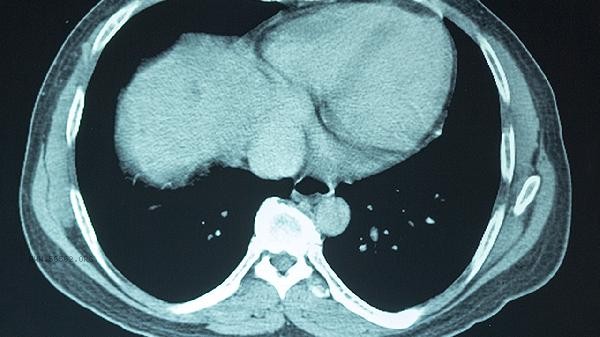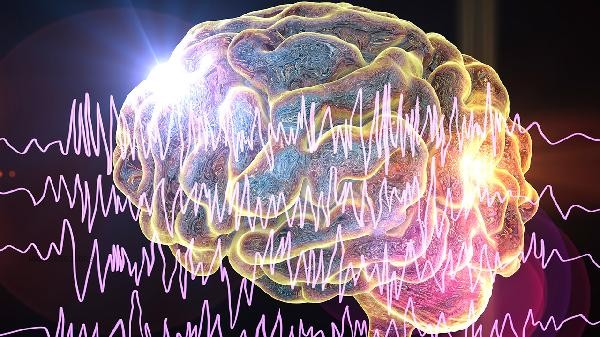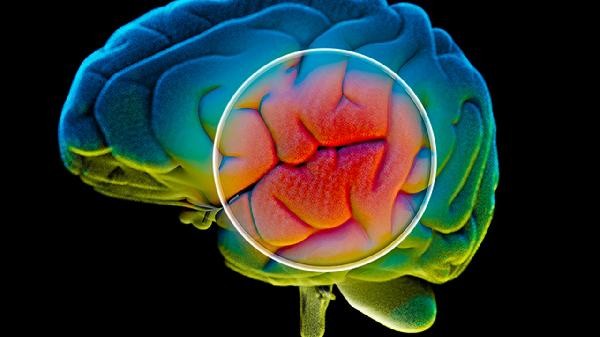Brain confusion and lack of clarity may be caused by insufficient sleep, excessive stress, low blood sugar, dehydration, insufficient cerebral blood supply, etc. It can be improved by adjusting daily routine, supplementing nutrition, moderate exercise, psychological regulation, medical examination, and other methods.

1. Lack of sleep
Long term staying up late or poor sleep quality can lead to the brain not being able to fully rest, affecting nerve cell repair and metabolic waste clearance. Manifested as inattention, slow response, and in some cases accompanied by headaches and eye soreness. It is suggested to fix the bedtime, avoid using electronic equipment before going to bed, and take traditional Chinese patent medicines and simple preparations such as Anshen Bunao Liquid and Zaoren Anshen Capsule for short-term adjustment when necessary.
2. Excessive stress
Continuous mental tension can stimulate excessive secretion of cortisol and inhibit the function of the prefrontal cortex. Commonly seen in people with high work intensity or emotional anxiety, symptoms include cognitive impairment, memory loss, and may be accompanied by palpitations and hand tremors. It can be relieved through mindfulness meditation and breathing training. In severe cases, anti anxiety drugs such as paroxetine and escitalopram oxalate should be used under the guidance of a doctor. When the blood glucose level is below 3.9mmol/L, insufficient energy supply to brain cells can lead to cognitive decline. Patients with diabetes are prone to excessive dieting or insulin injection, which is manifested by cold sweat, blurred vision and confusion of thinking. It is necessary to immediately consume sugary foods, have regular meals, and bring emergency foods such as chocolate. If necessary, use glucose injection for treatment. 4. Dehydration: Fluid loss exceeding 2% of body weight can affect cerebrospinal fluid circulation and lead to insufficient blood volume. Common symptoms after high-temperature work or diarrhea include dry mouth, dizziness, and decreased judgment. 200 milliliters of saline solution should be supplemented every hour, and severe dehydration requires intravenous infusion of sodium chloride injection. Daily intake of 1500 milliliters of water should be maintained.
5. Cerebral blood supply deficiency
Carotid artery stenosis or arrhythmia may reduce cerebral blood oxygen delivery, which is more common in middle-aged and elderly populations. Typical symptoms include sudden loss of consciousness and limb numbness, which may be caused by arteriosclerosis or atrial fibrillation. Transcranial Doppler examination is required, and commonly used microcirculation improving drugs such as aspirin enteric coated tablets and nifedipine tablets are needed. In severe cases, carotid artery stenting surgery is required.

Long term brain confusion requires monitoring blood pressure and blood sugar, and maintaining aerobic exercise three times a week to promote blood circulation in the brain. Increase the intake of deep-sea fish, nuts, and other foods rich in omega-3 fatty acids to avoid high salt and high-fat diets that can burden blood vessels. If there is no improvement or accompanied by symptoms such as vomiting and hemiplegia for two weeks, immediate head CT should be performed to rule out organic diseases such as cerebral infarction. Establishing regular cognitive training habits, such as reading, playing chess, and other mental activities, can help maintain neural plasticity.









Comments (0)
Leave a Comment
No comments yet
Be the first to share your thoughts!